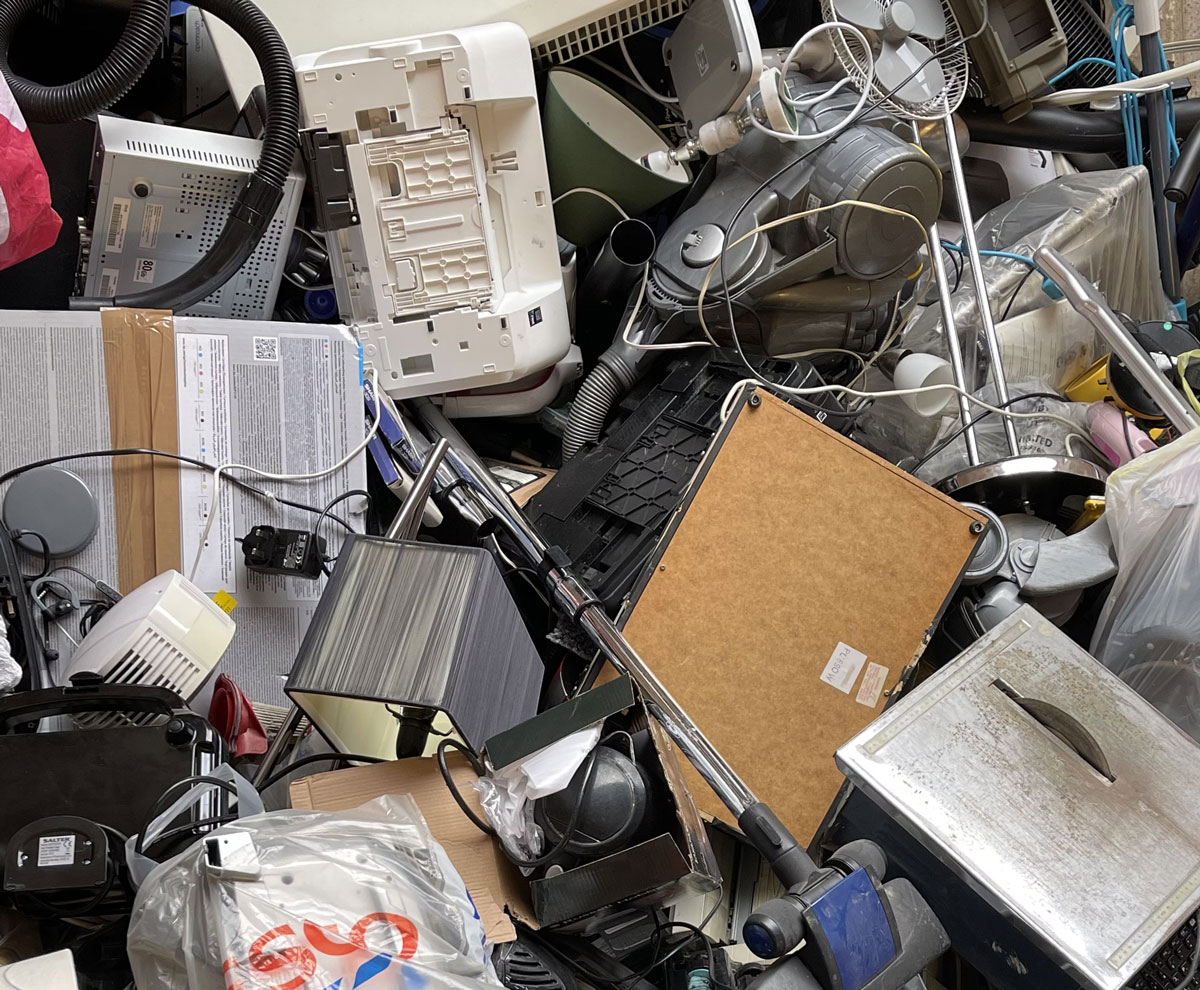Getting familiar with producer responsibility
FRIDAY 12th JULY 2024

Effective waste management requires a collective effort
Individuals, businesses, and governments alike have a duty to put responsible waste management into practice, in an effort to reduce carbon emissions and protect our planet.
One of the key aspects of waste management is producer responsibility, a principle that ensures producers are held accountable for the entire lifecycle of their products, including their disposal and recycling.
The principle is enshrined into laws and regulations that UK businesses must adhere to, all with the aim of promoting sustainable production and reducing the environmental impact of our waste.
Let’s take a closer look at what producer responsibility involves, and what it means for your business.
What is producer responsibility?
Producer responsibility is based on the idea that those who are responsible for manufacturing, importing and selling products are also responsible for their disposal and recycling. It is an essential concept when it comes to creating a circular economy, where products are designed, produced, and discarded in a way that minimises waste and maximises resource efficiency.


Producer responsibility and legislation
Producer responsibly is governed by several key pieces of UK legislation, including Waste Electrical and Electronic Equipment (WEEE) regulations. These require the producers of electronic and electrical equipment to finance the collection, treatment, and recycling of WEEE, registering with an approved compliance scheme. Producers must report the amount of EEE they place on the market, and ensure that products are properly recycled at the end of their lives.
Packaging waste regulations also exist, requiring producers of packaging materials to meet recycling and recover targets. Producers must provide data on the amount of packaging they place on the market and contribute to recycling costs through compliance schemes. This helps reduce the amount of waste sent to landfills.
Battery and accumulator regulations also ensure producers of these products finance collection and recycling, and make sure waste batteries are treated and recycled in a sustainable way.
Extended Producer Responsibility (EPR)
EPR is a policy approach which extends producer responsibilities beyond the point of sale, including post-consumer waste management. These policies are designed to incentivise producers to use more sustainable products and packaging.
The benefits of EPR include the normalisation of products that are easier to recycle and dispose of, reducing waste, as well as cost savings for local authorities by shifting the financial burden of waste management from taxpayers to producers.
EPRs create opportunities for innovation in product design and recycling technologies, while also contributing to cleaner communities and better public health outcomes.
Making sure your business complies
Complying with producer responsibility regulations might seem like a mammoth task, but there are key steps your business can take to contribute to a more sustainable waste management system.
These include registering with a compliance scheme. Joining an approved scheme helps businesses meet their legal obligations with greater clarity. You should also report accurate data on the number of products and packaging your business places on the marker, as this will provide crucial when it comes to calculating recycling targets and financial contributions.
Adopt a sustainability mindset in your business, and design your frameworks accordingly. Eco-conscious principles can help organisations create products that are easier to recycle, reducing your overall carbon footprint.
Finally, explore take-back programmes. These can be set up for end of life products, providing an opportunity for them to be properly collected and recycled, rather than sent straight to landfill.
Get in touch with Everflow today
Looking for the best commercial waste collection services for your needs? You’re in the right place. Get in touch with our team today to find out how we can support your organisation.